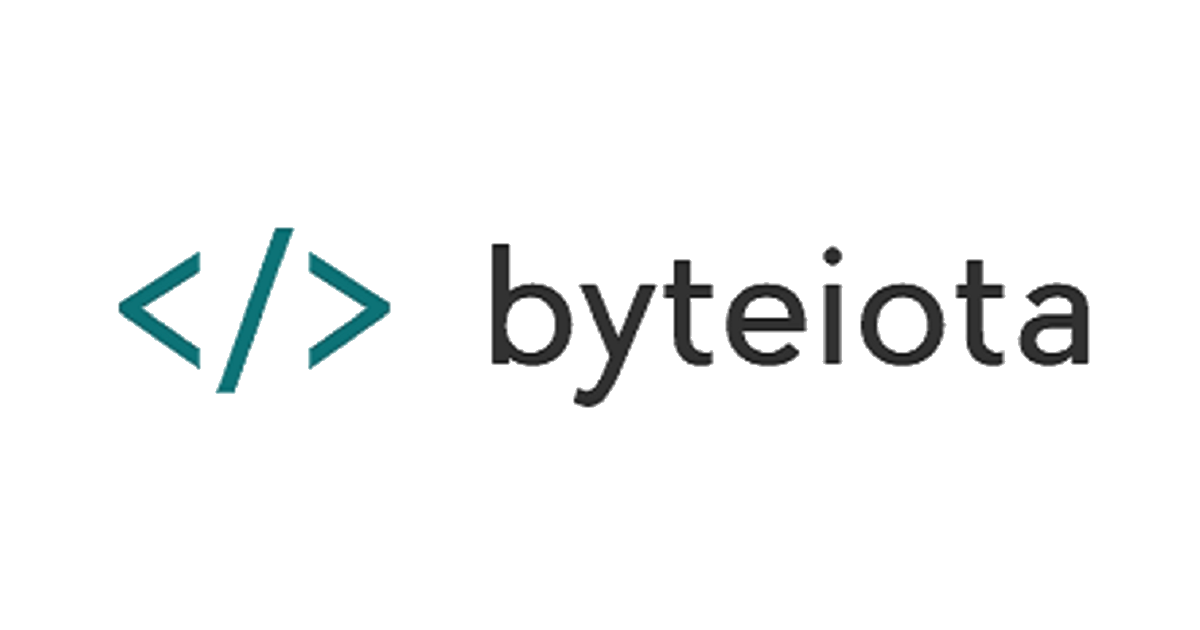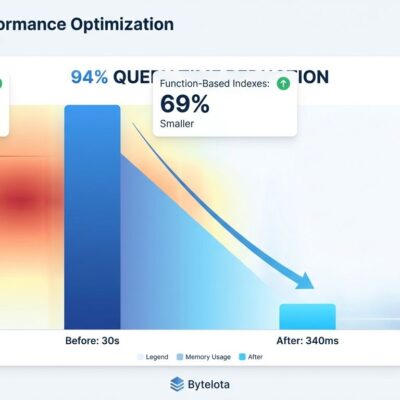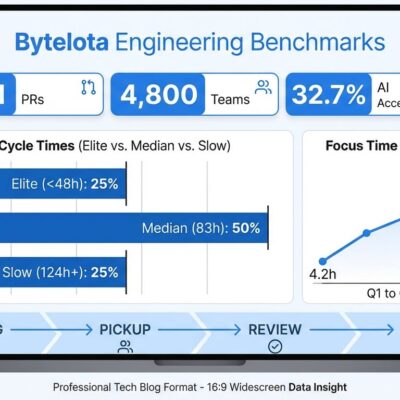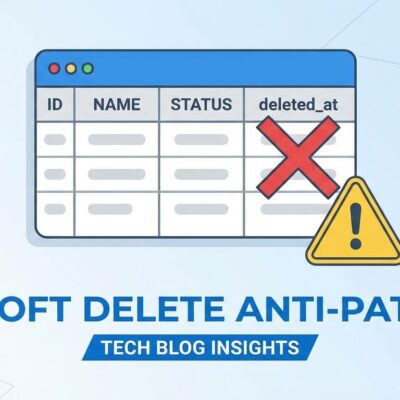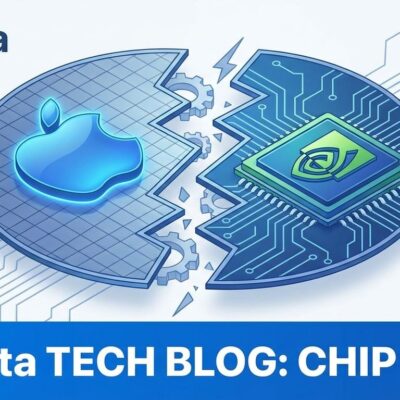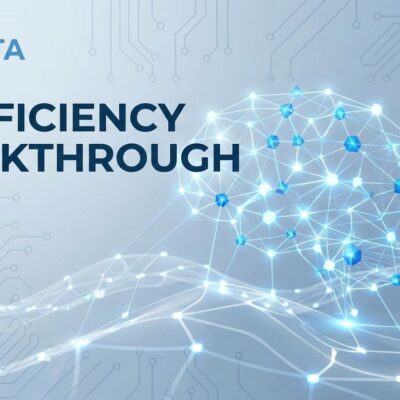
OpenAI has entered the terminal AI agent war with Codex CLI, a Rust-based coding assistant that has already amassed 51,000 GitHub stars. The tool joins Google’s Gemini CLI (83k stars) and Anthropic’s Claude Code (43k stars) in a three-way battle for developer mindshare. Unlike cloud-based alternatives, Codex CLI runs locally on your machine and integrates directly with your ChatGPT subscription.
What Makes Codex CLI Different
The terminal AI agent space has exploded in 2025, but Codex CLI arrives with a distinct approach: local-first execution with enterprise-grade security controls.
Built in Rust, Codex CLI prioritizes performance over convenience. While competitors often rely on JavaScript or Python runtimes, OpenAI chose native code execution. The result is snappier response times and lower resource usage, particularly noticeable on longer coding sessions.
Installation is straightforward:
npm i -g @openai/codex
# or
brew install --cask codexThe tool supports macOS (both Apple Silicon and Intel) and Linux, covering the platforms most developers actually use.
Execution Policies: The Security Edge
Here is where Codex CLI genuinely differentiates itself. The execution policy system lets you define exactly what commands the AI can run without asking.
Using a Starlark-based configuration language, teams can create rules like:
prefix_rule(
pattern = ["git", ["push", "fetch"]],
decision = "prompt",
)This rule ensures Codex always asks before pushing code or fetching from remote repositories. You can set decisions to “allow” (auto-approve), “prompt” (ask first), or “forbidden” (never run).
For enterprise teams worried about AI agents running arbitrary shell commands, this is a significant reassurance. Neither Gemini CLI nor Claude Code offers comparable granular control out of the box.
ChatGPT Integration: Lower Barrier to Entry
Most AI coding tools require separate API keys and usage-based billing. Codex CLI takes a different path: sign in with your existing ChatGPT account.
If you already pay for ChatGPT Plus, Pro, Team, or Enterprise, Codex CLI is included. No separate billing setup, no API key management, no surprise charges. This dramatically lowers the barrier to entry for individual developers and small teams.
The authentication flow is refreshingly simple. Run codex, select “Sign in with ChatGPT,” and you are ready to code.
The Three-Way Comparison
The terminal AI agent landscape now has three heavyweight contenders. Each has carved out a distinct position:
Google Gemini CLI leads in community adoption with 83,000 stars. It is fully open-source and benefits from Google’s massive AI infrastructure. If you want the largest community and open development, Gemini CLI is the choice.
Anthropic’s Claude Code focuses on deep codebase understanding. It excels at navigating complex projects, handling git workflows, and maintaining context across long sessions. For developers working on sprawling codebases, Claude Code’s contextual awareness stands out.
OpenAI Codex CLI emphasizes security and ecosystem integration. The execution policies are unmatched for enterprise compliance, and ChatGPT integration means no separate subscription. For teams prioritizing controlled deployments, Codex CLI makes the strongest case.
MCP Support: The Standardization Signal
All three tools now support the Model Context Protocol (MCP), an emerging standard for AI tool integration. This is significant: it signals the industry is moving toward interoperability rather than walled gardens.
Codex CLI’s MCP support means you can extend it with external tools and data sources. As the MCP ecosystem grows, the terminal agent you choose matters less than the tools you connect to it.
The Verdict
The terminal AI agent war has no clear winner, and that is actually good news for developers. Competition is driving rapid improvement across all three tools.
Choose Codex CLI if you need execution policies, want to use your ChatGPT subscription, or work in an enterprise environment requiring security controls.
Choose Gemini CLI if you prioritize open-source transparency and want the largest community.
Choose Claude Code if you work on complex codebases and need superior contextual understanding.
The more interesting trend is what this competition represents: AI coding assistants are evolving from chat interfaces to autonomous agents. The terminal is just the first battleground. Expect these tools to increasingly integrate with IDEs, CI/CD pipelines, and development workflows throughout 2025.
